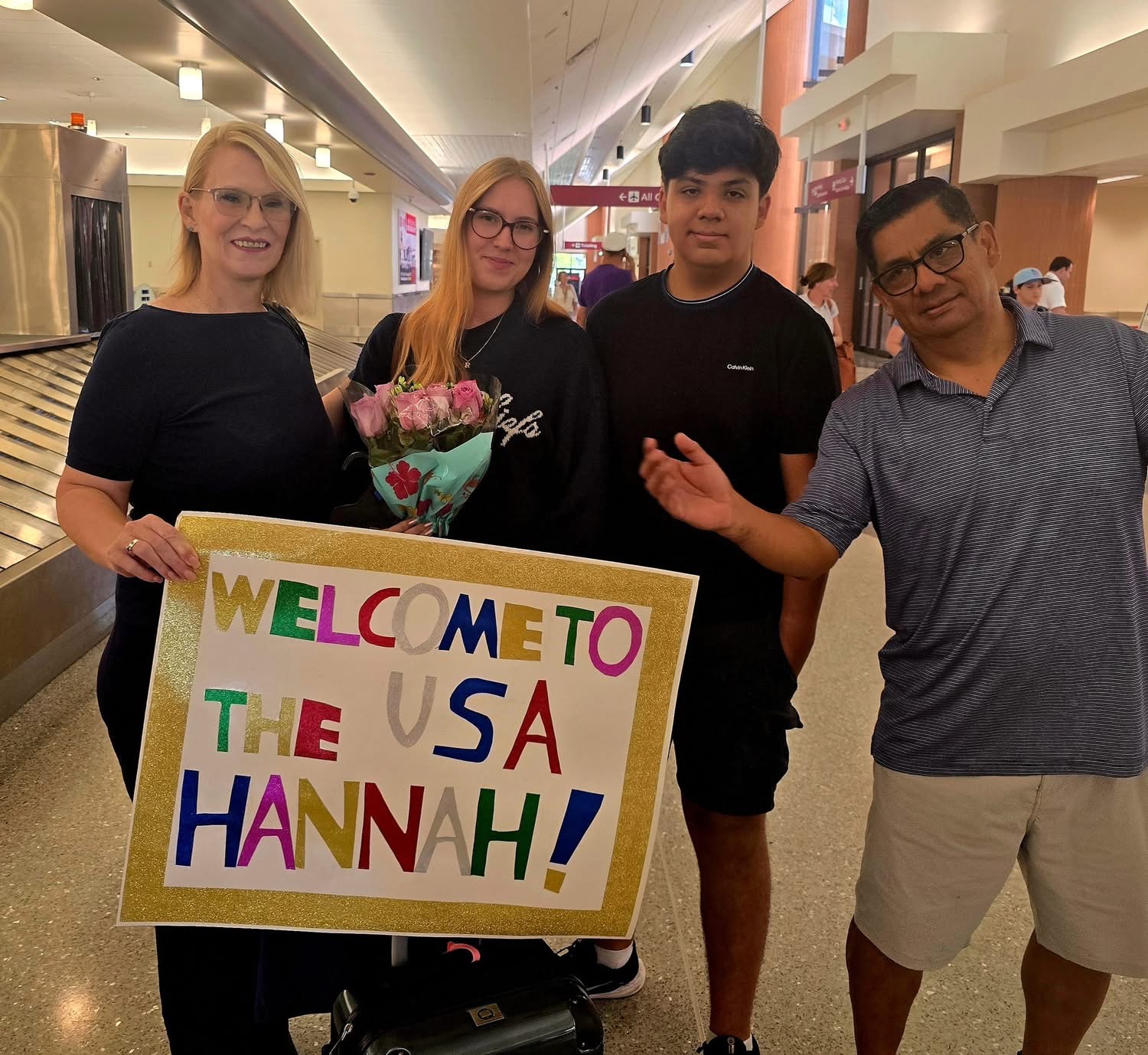Relay for Life: More stayed all day
Published 7:35 pm Tuesday, March 17, 2009
By moving the annual Relay for Life event to a 12-hour event held throughout the day, instead of all night, organizers said there were more people participating longer.
“More people stayed all day, from beginning to end,” said Alicia Gordon, one of the organizers of the 16th annual event to raise money for cancer support and research. “Teams have stayed all 12 hours. It was just amazing.”
Even though the economy played a role in fewer teams—28 this year as opposed to five more last year—and less money collected—$61,051.42 raised this year as opposed to last year’s approximately $65,000—it was the spirit of those who attended that organizers said was truly outstanding.
Trending
“Money was light, but everyone has opened their hearts today,” Gordon said Saturday night.
Gerard Kwilecki, another organizer, said there were fewer teams and dollars because there were fewer corporate sponsors.
Sharon Day, another organizer who served as master of ceremonies during many of the day’s events, said, “Every event was full. It was just great.”
Richard “Maileaha” Maxwell was first in his quest to be the one with most in the reverse beauty contest, raising $391.39 to earn the crown.
P.T. Dixon and Hunter Long, representing Flint River Hospice, won the “Road to Recovery” race with a “car” that was fashioned to look like flip-flops.
There were other contests that were held throughout the day, including the best tent, sign and car.
Trending
The day’s event concluded with a luminary service at which time the names of cancer victims and cancer survivors were read aloud, echoing throughout the Bainbridge High School track, while individuals held candles and stood behind lit torches.
“It was the most inspiring and reverent,” said Gordon. “I’ve never quite seen it like this.”
Mike Stevens and his wife, Marge, were one of those who arrived before 10 a.m. Saturday, and didn’t leave until after 10 p.m.
He said he supports Relay for Life because the money goes toward research.
“If it gets down to it, research saved me,” said Mike Stevens, a 10-year survivor of colon cancer.
He said when he was first diagnosed with colon cancer, his doctor used what was then an experimental procedure—using extremely heavy doses of radiation and chemotherapy to shrink the tumor down to a size where the surgeon could remove all the cancer. So far, he hasn’t had a relapse.
“I think all money for research definitely saves lives,” Stevens said.





